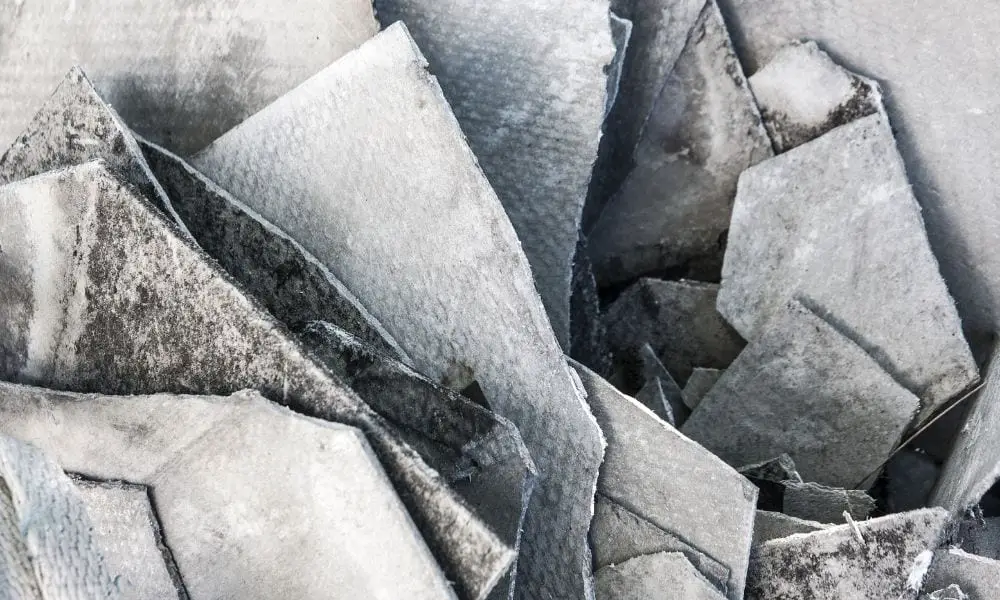

Every year, people find or create new materials that are safer, more effective, or more efficient than previous ones. One contender for replacement is asbestos, which manufacturers use in dozens of industries. Are you wondering, “What is asbestos being replaced with?” Here are the top options for professionals around the world.
Asbestos may sound like some highly manufactured chemical, but it’s actually a naturally occurring substance. Manufacturers utilize this fibrous mineral because of its incredible insulating abilities. It is both electrically nonconductive and highly resistant to heat. People used asbestos in all kinds of insulating capacities, from residential to commercial industries—until its toxic properties became widely known.
Government-regulated safety services monitor the use of all toxic chemicals and substances, including asbestos. In many countries worldwide, asbestos is illegal to use in any capacity due to its highly damaging effects on the lungs. The US allows asbestos use with caution and regulation. Because of its harmful effects and widespread regulation or banning, manufacturers need suitable replacements.
Knowing that people can’t use asbestos, what are the most common replacements? Well, one excellent solution is thermoset plastics. There is a lot to learn about thermoset polymers, but people use this as an asbestos replacement because it has high heat tolerance and corrosion resistance. Polyurethane foam and fiberglass are also go-to replacement substances for widespread applications, from roofing tiles to structural insulation. One exciting solution is cellulose fiber, which manufacturers produce from chemically treated newspaper. Cellulose fiber is a great sustainable option that utilizes recycled material while solving the asbestos problem.
The next time you wonder, “what is asbestos being replaced with,” you will have the answers on hand. It is essential to understand the dangers associated with materials like asbestos before using it. With the proper protections and parameters in place, everyone will remain safe and healthy when using insulation products.
FAQ
Asbestos may sound like some highly manufactured chemical, but it’s actually a naturally occurring substance. Manufacturers utilize this fibrous mineral because of its incredible insulating abilities. It is both electrically nonconductive and highly resistant to heat. People used asbestos in all kinds of insulating capacities, from residential to commercial industries—until its toxic properties became widely known.
Additional Resources:
Water
Ocean
Sun
Salt
Optimize your food processing facility by better understanding the critical ways gases can impact electrical…
Discover the best safety practices for restaurants, ranging from fire prevention to hygiene standards. Take…
Radon levels rise at higher elevations due to low air pressure and sealed homes. Learn…
There’s nothing worse than lighting a new candle and watching it sputter out, tunnel, or…
Discover how woven metal fabric transforms restaurant design with its versatility, from feature walls to…
Upgrading your workspace? Get inspired by design ideas for materials, lighting, and amenities, and tips…